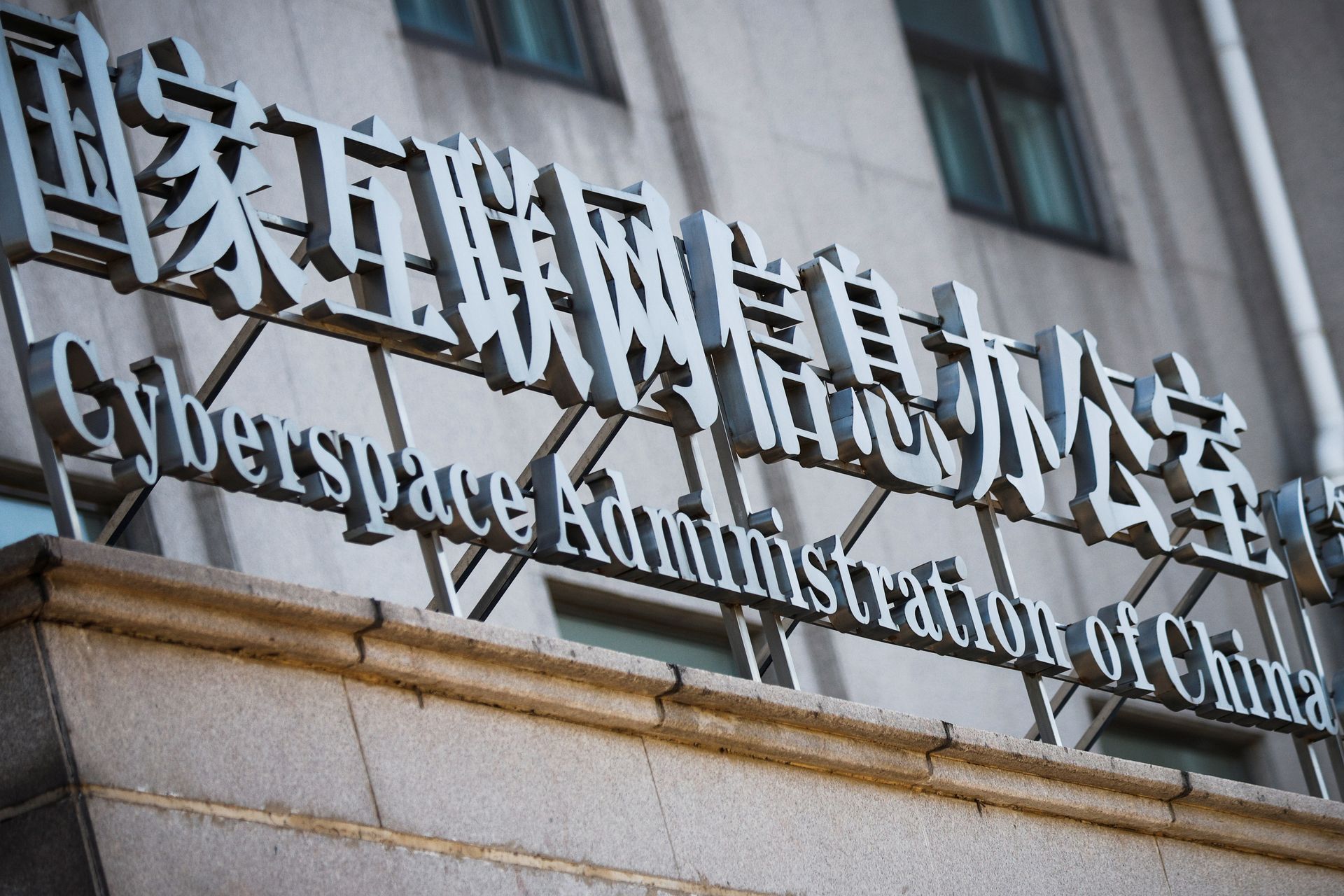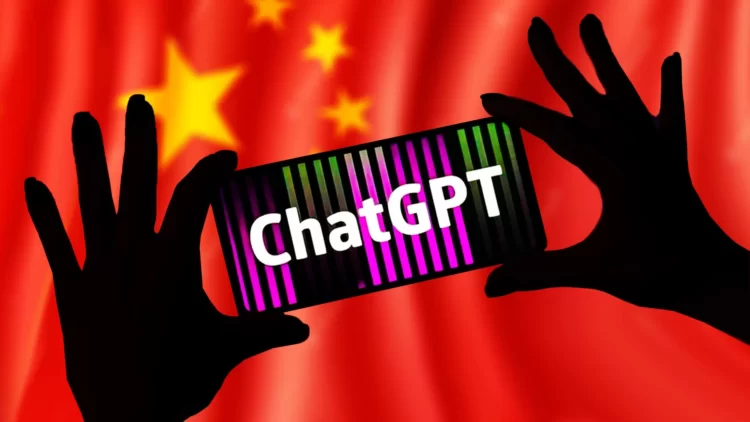Tech businesses all over the world are very interested in generative AI. As a result, many nations are closely monitoring the creation and application of technology similar to ChatGPT. Following the incident in which Italian authorities outright forbade ChatGPT last month, China has established some guidelines for using and developing the technology. We’ll fully describe these rules and other information in this article.
Chinese officials unveiled proposed regulations on Tuesday that aim to control how businesses create generative AI products like ChatGPT.
The influential Cyberspace Administration of China has released the first set of draft regulations of its sort in the nation that focus on rapidly advancing AI as domestic tech titans start releasing ChatGPT-like products.
The term “generative AI” describes algorithms that can produce material like words and graphics after being educated on enormous amounts of data. ChatGPT, which can produce answers to user queries, was created by the American company OpenAI and has since gained enormous popularity.
Chinese technological behemoths have been introducing their competing products over the past several weeks. Tongyi Qianwen, the generative AI product that Alibaba announced on Tuesday, will be integrated into a variety of services by the e-commerce behemoth. The same Ernie Bot was also made available for testing by Baidu last month.

The CAC’s proposed regulations set forth the guidelines that generative AI services must adhere to, including the kinds of material that these products may produce. According to the proposed standards, the content must uphold socialist principles and must not challenge the authority of the state.
According to the CAC, businesses should make sure that the data used to train these AI models won’t discriminate against people based on factors like ethnicity, race, and gender. The regulator said that they should not produce incorrect information either.
Chinese tech firms are cautious to tread lightly when discussing delicate subjects like Chinese President Xi Jinping and the 1989 crackdown on pro-democracy demonstrations in Tiananmen Square since China has long imposed strict internet censorship.
Analysts recently told that Chinese policymakers are probably keeping a close eye on the advancement of generative AI because it has the potential to produce politically sensitive stuff.
The CAC’s regulations highlight this issue and provide Chinese businesses with a framework for how to approach the advancement of technology. The provisions, however, which are expected to take effect later this year, will cooperate with China’s numerous other laws regarding data protection and algorithm development.
What is the scope of China’s rules on generative AI?
It is well known that the government of China controls how technology is used there. The Chinese Cyberspace Administration has established certain guidelines for generative AI in light of the rapidly advancing field of artificial intelligence.
Here’s a brief list of the new rules:
- The “core values of socialism” should be reflected in the content produced by AI, according to one of the rules.
- The output of ChatGPT-like technology should not in any way undermine the authority of the state.
- The regulations also make it clear that businesses utilizing data to train AI models must make sure there is no racial, ethnic, or gender discrimination against individuals.
- According to the guidelines, artificial intelligence-generated content cannot be deceptive or a source of incorrect information.
- The laws, according to the report, will go into force later this year since China is closely monitoring the advancement of AI.
- Almost every significant Chinese corporation has stated that it plans to create ChatGPT competitors.





